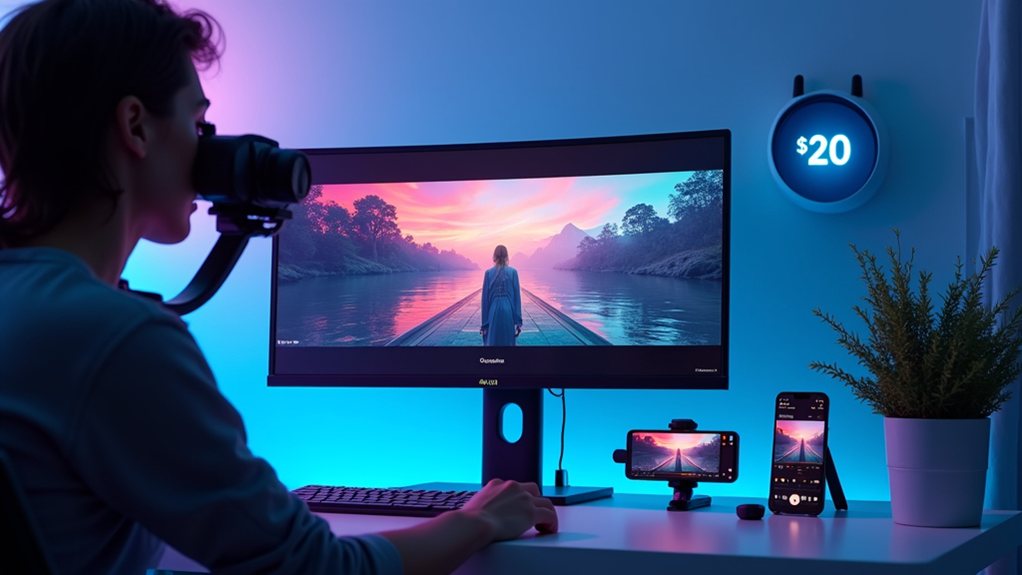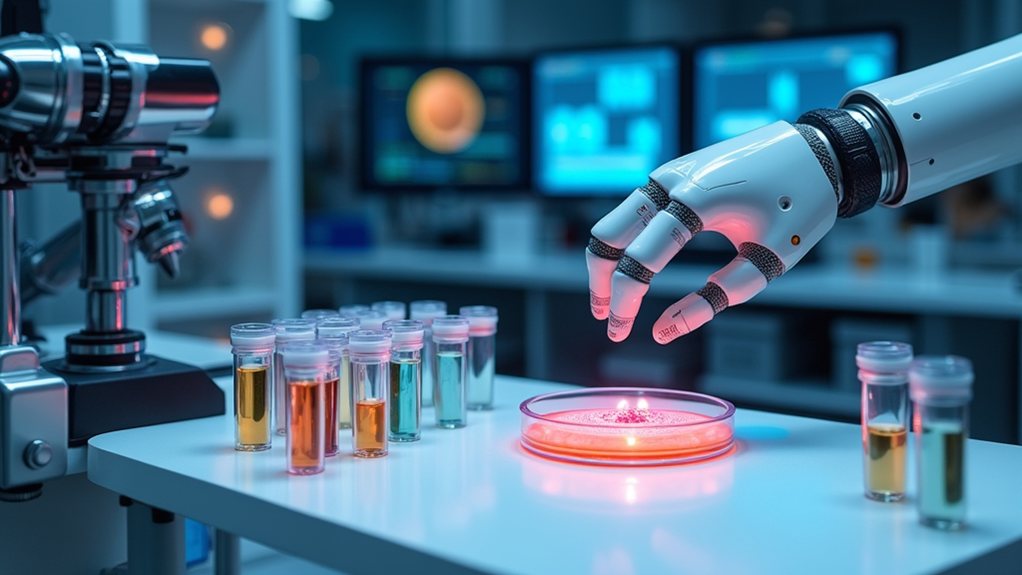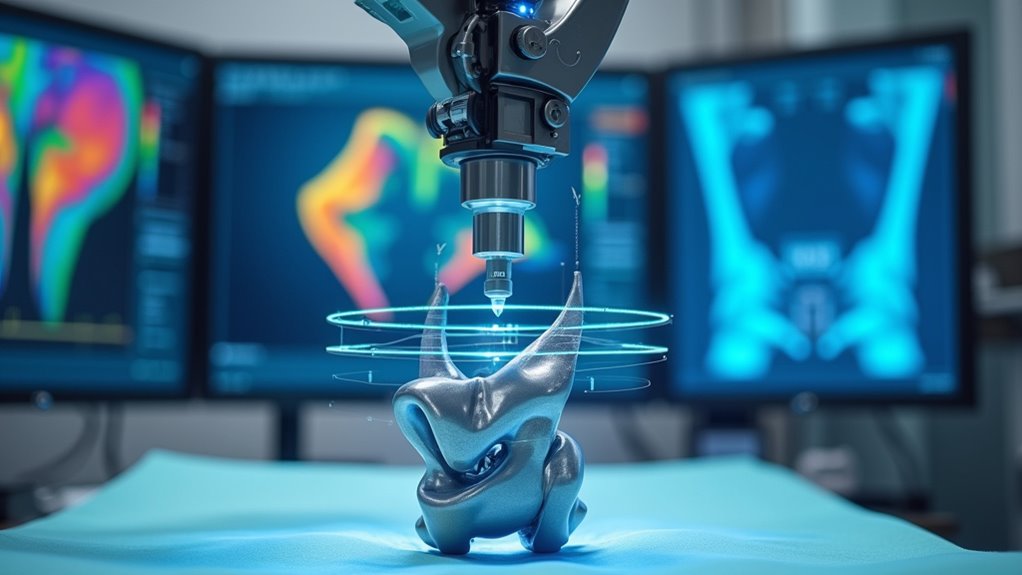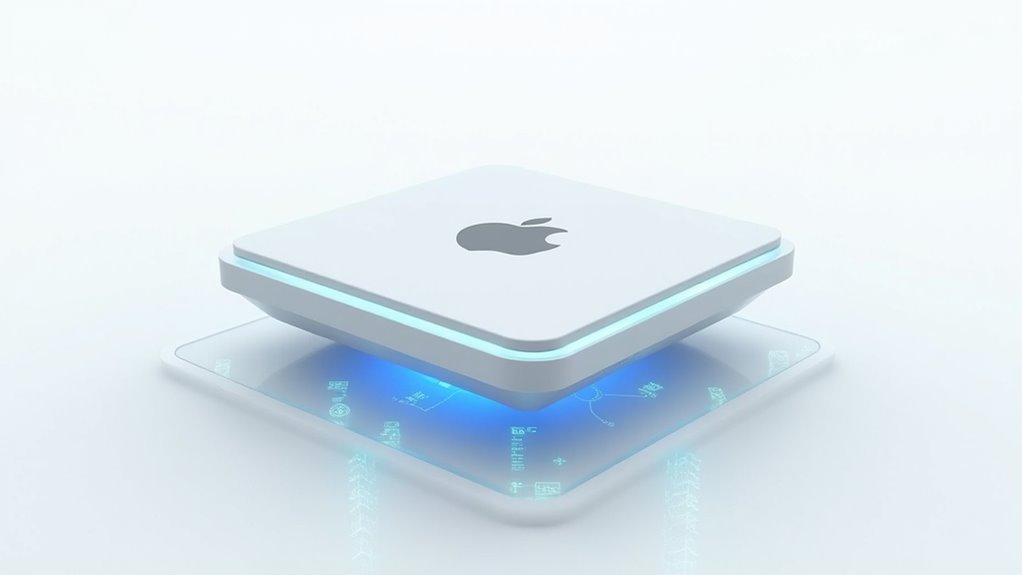Microsoft’s new AI medical model just left physicians in the dust, acing complex multi-specialty diagnostics—including rare autoimmune curveballs—and performing 20% cheaper. No coffee breaks, no fatigue, just a “virtual doctor panel” working round the clock. Sure, the doctors in this experiment couldn’t use Google or ask a friend, but still, Dr. AI took the trophy. Worried? Maybe. Curious where Grey’s Anatomy ends and RoboDoc begins? Stick around for all the juicy details.
Let’s break down what this means, because honestly, it sounds a little like the beginning of a robot takeover (but with less laser fire and more lab coats).
Microsoft’s model was tested in a step-by-step diagnostic gauntlet: gathering information, ordering tests, and narrowing down diagnoses like a seasoned pro. Unlike flesh-and-blood physicians—who, to be fair, weren’t allowed to Google or phone a friend—the AI handled cases across multiple specialties, from rare autoimmune zebras to run-of-the-mill chest pains. In fact, the system integrates multiple large language models to simulate a virtual panel of doctors working together.
Meanwhile, the docs had to stick to their primary care wheelhouse. Microsoft claims AI can outperform individual physicians in diagnostic reasoning, which could dramatically shift how we think about expertise in medicine.
Cost and efficiency? The AI was reported to be *20% cheaper* than traditional diagnostics. It doesn’t get tired, cranky, or need coffee breaks. Plus, it could be a game-changer in rural clinics or understaffed ERs—imagine “Grey’s Anatomy,” but with more server racks and fewer dramatic monologues. Similar to how AI-powered microscopes achieve remarkable accuracy in detecting bloodborne pathogens, this technology could revolutionize diagnostic capabilities across healthcare settings.
Of course, there’s a catch. The study didn’t include specialist physicians, and doctors weren’t allowed their usual arsenal of guidelines or peer consults.
And before we hand over the stethoscopes permanently, the model’s real-world performance on everyday coughs and colds still needs testing.
Still, the potential is huge: AI as a supercharged decision-support sidekick for clinicians, catching rare diseases, and freeing up doctors to focus on treatment.
Maybe, just maybe, the next season of medical miracles will star a circuit board. Stay tuned.









